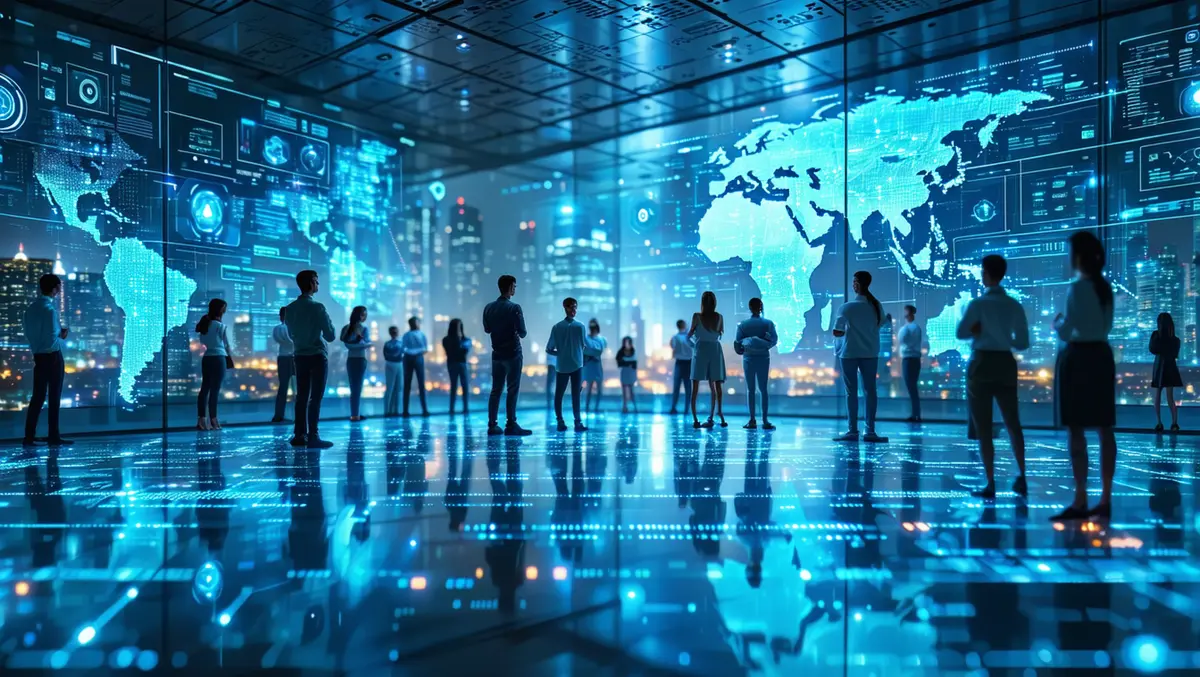
Dell foresees USD $110 billion APJ AI investment by 2028
Dell Technologies' Predictions 2025 Media Briefing in Asia Pacific & Japan highlighted key technological trends expected to reshape the industry in the next few years.
The briefing, hosted by John Roese, Global Chief Technology Officer and Chief AI Officer, along with Peter Marrs, President, Asia Pacific, Japan and Greater China, focused on several emerging trends. Roese highlighted the role of Agentic AI architecture, which he predicts will revolutionise human-computer interaction by transitioning from passive tools to autonomous agents. "No matter which technology you explore today, there is a connective tissue into the AI ecosystem," said Roese. "Every technology is now either enabling AI or is enabled by AI. We are evolving from static and reactive AI to a more dynamic, autonomous, interactive and profound set of tools that will allow us to go beyond what we have been able to do so far."
Roese discussed the significance of Agentic AI, describing it as a defining advancement in AI technology that could transform industries and workflows through autonomous operations and natural language communication. Marrs echoed this sentiment, noting rapid advancements in AI readiness and deployment in the Asia Pacific & Japan region, supported by anticipated investments reaching USD $110 billion by 2028.
The session also covered strategies for scaling AI in enterprises, highlighting its necessity for return-on-investment and business value. "In our view, 2025 will be the year when we see enterprise AI truly scale and get into full production," Roese stated. Marrs highlighted the variance in AI maturity across the region, with some sectors, like financial services, being more advanced compared to others, such as healthcare.
Roese emphasised the importance of building scalable AI foundations and prioritising impactful processes for successful AI scaling. Marrs highlighted examples of AI application across cybersecurity, cloud service optimisation, and personalised learning in the region, which align with Roese's vision of enterprise AI adoption.
Another focus area during the briefing was the rise of Sovereign AI initiatives. Roese expressed how countries are developing AI ecosystems that align with local priorities and using their own data infrastructure. He noted varying approaches, with some countries building national AI resources and others encouraging private sector leadership through collaborative strategies.
In convergence with other technologies, Roese identified the synergy AI shares with quantum computing, intelligent edge, and Zero Trust security as crucial for innovation. "AI's true potential lies in its connections with other emerging technologies," Roese said, pointing out how these combinations could redefine industries, from material science to telecommunications.
On the human resource front, Roese shared insights into how AI transforms job markets, highlighting the importance of AI fluency in the workforce. He pointed out that AI could take over routine tasks, allowing humans to focus on strategic thinking and problem-solving. "AI is creating these new high-level jobs and is a catalyst for dramatic investment into infrastructure with an enormous positive impact on job creation," he noted.
Marrs acknowledged APJ's talent gaps and the urgent need for AI skills development, stressing that the future of AI depends on collaboration between humans and AI, and organisations and technology partners. "Looking ahead," Marrs concluded, "strong human-to-AI and human-to-human collaboration will be key to driving a shared digital future."


